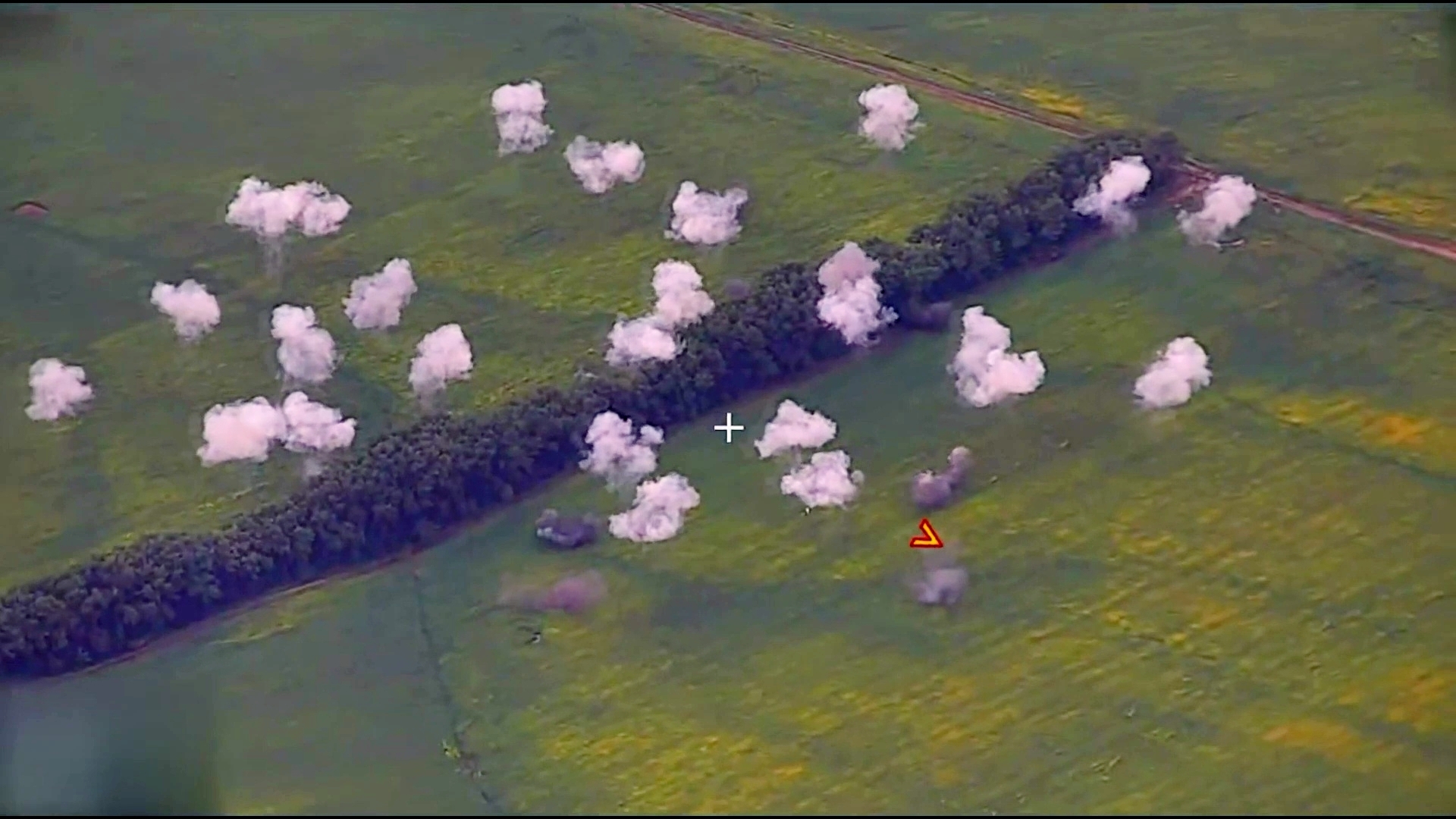A Tale of Two Responsibilities: Financial Gains vs. Security Commitments
The Netherlands presents a compelling case study in modern geopolitical economics: a nation that has strategically positioned itself as one of the world’s premier tax havens for intellectual property revenues while historically falling short of its NATO defense spending commitments. Only recently meeting the 2% GDP defense target in 2024, the Dutch have simultaneously facilitated billions in tax-advantaged royalty flows that benefit multinational corporations at the expense of global tax fairness.
The Dutch IP Tax Haven: A Multi-Billion Euro Business
Massive Royalty Flows Through Dutch Conduits
The Netherlands has established itself as the world’s largest conduit for intellectual property-related financial flows. A significant share of the royalties paid (€59 billion) and received (€41 billion) by Dutch companies flow through the Netherlands as part of conduit activities. These figures represent just a portion of the total flows, as financial conduit companies were responsible for more than half of Dutch inward (€182 billion) and outward (€171 billion) foreign direct investment income in 2023.
The scale of this operation is staggering. In 2018, payments between Ireland and the Netherlands, and between the Netherlands and Bermuda amounted to US$25 billion, the largest bilateral royalty flows between countries ever recorded. This extraordinary figure reflects the Netherlands’ central role in sophisticated tax avoidance schemes used by multinational corporations.
The „Dutch Sandwich” and IP Routing Schemes
The Netherlands has become synonymous with complex tax avoidance structures, particularly the infamous „Dutch Sandwich.” As of 2016, „Multinationals moved some €22bn in royalties and interest through the Netherlands in 2016 in order to avoid tax, according to a new report for the finance ministry”. This represents just one tax avoidance structure among many.
Companies can set up a mailbox subsidiary that owns the company’s intellectual property rights in the Netherlands. This mailbox company then collects royalties from all subsidiaries in operating countries, e.g. for their use of a logo or a technology. The appeal is clear: withholding tax (the tax removed by the government at the source of income) is zero for royalty, license, and patent payments.
A Systematic Approach to Tax Facilitation
The Netherlands has created a comprehensive ecosystem for IP tax avoidance. The Netherlands offers the Innovation Box, a preferential tax regime for income generated from qualifying intellectual property (IP). Under this regime, qualifying profits from IP can be taxed at a reduced effective tax rate of 9% instead of the regular rates.
This isn’t accidental—it’s by design. The Netherlands is host to many thousands of so-called ‘royalty conduit’ companies, in use by multinational enterprises of all sizes to either repatriate royalty income as defined in tax laws and tax treaties. The systematic nature of this facilitation is evident: The Netherlands has no royalty tax itself and even has no definition of what a royalty is.
NATO Defense Spending: Too Little, Too Late
Historical Underperformance
While the Netherlands has been facilitating massive corporate tax avoidance schemes, it has consistently failed to meet its NATO obligations. According to the NATO estimate, in 2024 the Netherlands met the traditional NATO standard again for the first time since the early 1990s: expenditure was just over 2 percent of the size of the economy, or gross domestic product (GDP).
This means that for over three decades, while profiting handsomely from international tax arbitrage, the Netherlands failed to contribute its fair share to collective defense. Historically, the Netherlands adhered to the „peace dividend” concept after the Cold War, with defense spending reaching a low of just 1% of GDP in 2013.
Recent Increases: Reactive, Not Proactive
The Netherlands’ recent commitment to meeting NATO targets appears reactive rather than proactive. Events like Russia’s annexation of Crimea in 2014 and the invasion of Ukraine in 2022 underscored Europe’s vulnerabilities, compelling a reevaluation of defense priorities.
Current spending levels show the Netherlands finally meeting minimum requirements: Total defence spending by the Netherlands was 19.9 billion euros in 2024, according to the NATO estimate for that year, with Dutch defence expenditure estimated at 1.1 thousand euros per capita in 2024.
Future Obligations and Challenges
Looking ahead, NATO has set even more ambitious targets. NATO members agreed at a June summit in the Netherlands to channel 5% of GDP into defense, including 3.5% on core defense. For the Netherlands, meeting their share of the targets will cost at least €16 billion to €19 billion ($18 billion-$21 billion) a year on top of the existing defense budget.
The Contradiction: Benefiting While Under-Contributing
Geographic Advantage, Minimal Investment
The Netherlands enjoys significant security benefits from its geographic position within NATO’s protective umbrella. Located in the heart of Western Europe, surrounded by NATO allies, and protected by the alliance’s collective defense guarantee, the Dutch have historically been able to „free ride” on the security investments of others—particularly the United States.
The data also shows that the U.S. continues to be the largest spender in the organization, allocating more to the military than all other members combined (the equivalent of 3.4 percent of GDP). This American security subsidy has allowed countries like the Netherlands to under-invest in defense while over-investing in tax avoidance facilitation.
Economic Benefits vs. Security Contributions
The contrast is stark: while facilitating tens of billions in tax-avoiding royalty flows annually, the Netherlands has only recently begun meeting basic NATO commitments. The Netherlands has become an invaluable agent in the legal arrangements which allow multinational corporations (MNCs) to reduce tax liability to almost 0%, yet it took a major European war to prompt adequate defense spending.
This represents a form of economic opportunism—profiting from global trade and financial systems while under-contributing to the security framework that makes such prosperity possible.
Reform Efforts: Too Little, Too Late?
Cosmetic Changes to Tax Policies
Recent reforms appear more cosmetic than substantive. Since January 1, 2021, the Netherlands has imposed a 25.8% conditional withholding tax on royalty payments to recipients located in a low tax jurisdiction and in certain abusive situations. However, these measures have significant loopholes and exceptions.
Tax lawyers have already found other ways to evade tax, and while the Netherlands has made some steps, they are largely cosmetic. The fundamental infrastructure for tax avoidance remains intact.
The Security Awakening
On defense spending, the Netherlands has finally responded to external pressure and changed security environment. The country’s total defence budget is anticipated to increase from $22.8 billion in 2024 to $31.2 billion in 2029, reflecting a CAGR of 4.1%.
However, this increase comes after decades of under-investment and only in response to direct threats to European security. It represents reactive rather than responsible policy-making.
Implications for Alliance Burden-Sharing
The Free Rider Problem
The Netherlands exemplifies the classic „free rider” problem in collective security arrangements. By under-investing in defense while over-investing in tax avoidance facilitation, the Dutch have essentially asked other NATO members—particularly the United States—to subsidize their security while they focus on profit maximization.
Over the past decade, European Allies and Canada have steadily increased their collective investment in defence – from 1.43% of their combined GDP in 2014, to 2.02% in 2024. The Netherlands’ recent compliance represents joining this trend rather than leading it.
Questions of Alliance Equity
The contradiction raises fundamental questions about alliance equity and burden-sharing. Is it appropriate for a nation to facilitate massive tax avoidance—potentially costing other alliance members billions in lost tax revenue—while simultaneously under-contributing to collective defense?
The United States, which provides the security umbrella that enables Dutch prosperity, loses tax revenue through the very schemes the Netherlands facilitates. This creates a perverse dynamic where America subsidizes both Dutch security and Dutch tax avoidance facilitation.
Conclusion: The Need for Holistic Responsibility
The Netherlands’ history of combining massive IP tax facilitation with inadequate defense spending represents a narrow view of international responsibility. While the country has belatedly increased defense spending to meet NATO minimums, fundamental questions remain about its role as a global tax haven.
True alliance partnership requires more than meeting spending targets after decades of under-performance. It requires recognizing that facilitating tax avoidance by multinational corporations ultimately weakens the fiscal capacity of alliance partners—the same partners providing the security umbrella that enables Dutch prosperity.
The Netherlands has proven adept at maximizing economic benefits while minimizing security contributions. Whether recent defense spending increases represent genuine commitment or merely reactive compliance remains to be seen. What’s clear is that the era of profiting from the alliance while under-contributing to it should end.
As NATO faces new challenges in an increasingly multipolar world, the alliance needs partners who contribute proportionally to both collective security and global fiscal responsibility. The Netherlands still has work to do on both fronts.



